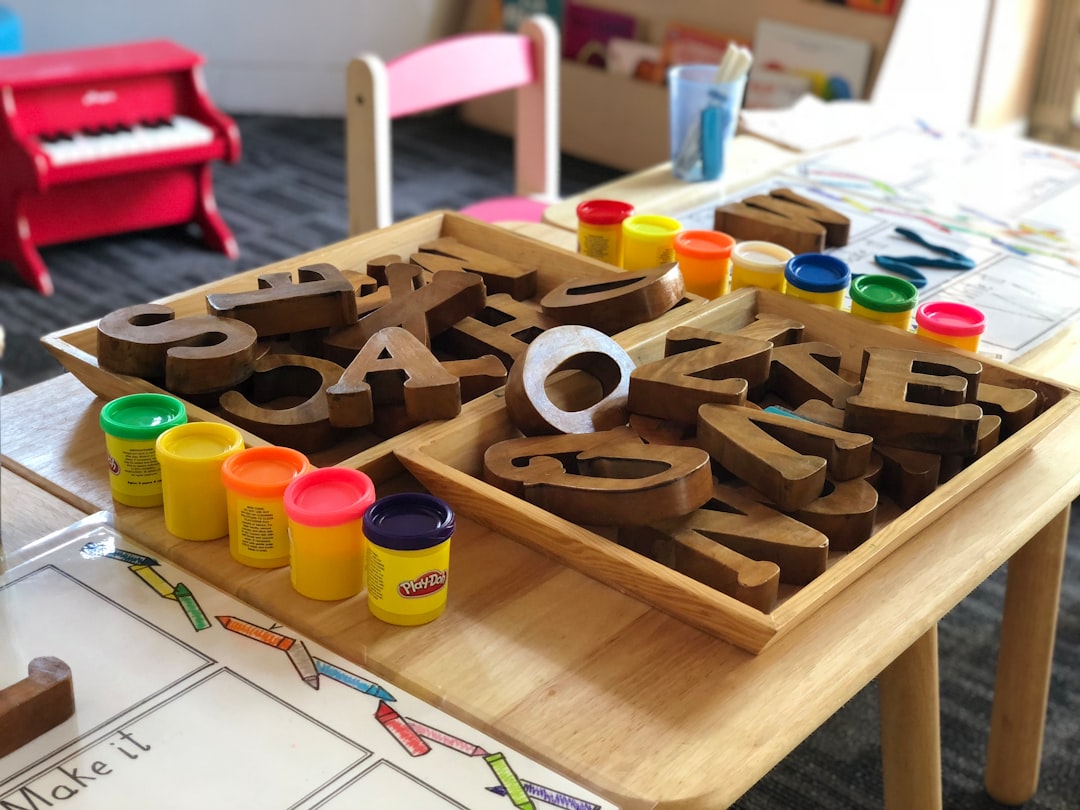Open communication is key to creating a safe daycare environment in San Francisco's diverse communities, preventing sexual abuse. Parents and caregivers should share experiences without fear of judgment, enabling early intervention and robust safety protocols. Recognizing red flags like behavioral changes, physical injuries, or increased anxiety is crucial for safeguarding children. California's sexual abuse attorneys specialize in handling sensitive cases, gathering evidence, conducting interviews, and securing justice for victims. Building trust through clear policies, designated handlers, and regular meetings fosters open dialogue, enhancing child well-being and potentially engaging these attorneys' services.
In San Francisco, open communication about daycare experiences is vital for ensuring child safety. This article explores strategies to foster transparent dialogue between parents, guardians, and caregivers. We delve into the significance of recognizing red flags like common signs of daycare abuse, empowering parents with knowledge, and building trust with caregivers. Additionally, we discuss the legal aspects, highlighting the crucial role of sexual abuse attorneys in California to provide support and justice for affected families.
Understanding the Importance of Open Communication in Daycare Settings

Open communication is a cornerstone of any safe and nurturing daycare environment. It fosters trust between caregivers, children, and their families, creating a space where concerns can be voiced and addressed promptly. In San Francisco, where diverse communities bring unique challenges, encouraging open dialogue is essential to identify and prevent potential issues like sexual abuse.
Given the sensitive nature of these matters, parents and caregivers must feel empowered to share experiences and observations without fear of judgment. This transparency allows for early intervention, ensuring that any red flags are taken seriously. Moreover, it enables daycare centers to implement robust safety protocols and train staff on recognizing and reporting suspicious behavior, ultimately protecting children and serving as a deterrent against potential sexual abuse attorneys in California.
Recognizing Potential Red Flags: Common Signs of Daycare Abuse

Recognizing potential red flags is crucial when it comes to ensuring your child’s safety in a daycare setting. While San Francisco boasts numerous reputable childcare facilities, it’s essential to be vigilant and aware of common signs that might indicate abuse or neglect. Sexual abuse attorneys in California emphasize that parents should pay close attention to any unusual behavior or changes in their child’s demeanor after returning from daycare. These could include increased anxiety, withdrawal, or physical injuries without a clear explanation.
Additionally, keep an eye out for frequent complaints about the staff from other parents, sudden changes in pickup routines, or secretive practices within the daycare. If you notice any of these red flags, it’s important to investigate further and consider reaching out to legal professionals who specialize in sexual abuse cases to understand your rights and options for seeking justice and ensuring your child’s well-being.
The Role of Parents and Guardians: Empowering Safeguards

In ensuring a safe and nurturing environment for children in San Francisco’s daycare centers, parents and guardians play a pivotal role as the first line of defense against potential harm, including serious issues like sexual abuse. Empowering these caregivers is crucial; they must feel equipped to communicate openly about their child’s experiences, even those that may seem insignificant. This begins with creating a culture of trust, where parents are encouraged to voice concerns, ask questions, and stay involved in their child’s daily activities.
Knowing the signs of potential abuse—both physical and emotional—is an essential safeguard. Parents should be informed about common behavioral changes that might indicate trouble, such as increased anxiety, withdrawal from friends, or sudden changes in appetite. This knowledge empowers them to intervene early and seek help from professionals, including sexual abuse attorneys in California, if necessary.
Building Trust: Effective Strategies for Open Dialogue with Caregivers

Building trust is a cornerstone in fostering open communication between daycare centers and caregivers in San Francisco. Caregivers must feel safe and supported when sharing their experiences, especially sensitive topics like potential sexual abuse. One effective strategy is to create a welcoming environment where all voices are heard without fear of judgment or retaliation. This can be achieved by implementing clear and consistent policies that encourage open dialogue.
Designating specific individuals responsible for handling concerns, along with providing easy access to reporting mechanisms, can significantly enhance trust. Additionally, regular meetings or town hall-style gatherings allow caregivers to voice their experiences, fears, and suggestions directly to daycare administrators. By actively involving caregivers in decision-making processes and demonstrating transparency, daycares can build a culture of openness that promotes the well-being of every child, while also serving as a crucial early warning system for potential issues, including those requiring the expertise of sexual abuse attorneys California might offer.
Legal Aspects: What Sexual Abuse Attorneys in California Can Do to Help

When addressing open communication about daycare experiences, it’s crucial to understand the legal framework in place. In California, sexual abuse attorneys play a vital role in protecting children and ensuring justice. These professionals are equipped to handle sensitive cases involving minor victims, navigating complex laws to secure accountability for perpetrators.
Sexual abuse attorneys in California specialize in identifying and prosecuting instances of child abuse, including those occurring within daycare settings. They collaborate with law enforcement, healthcare providers, and social services to gather evidence, conduct interviews, and file legal actions. Their expertise enables them to guide parents and guardians through the legal process, ensuring their rights are upheld while pursuing the best interests of the child.





